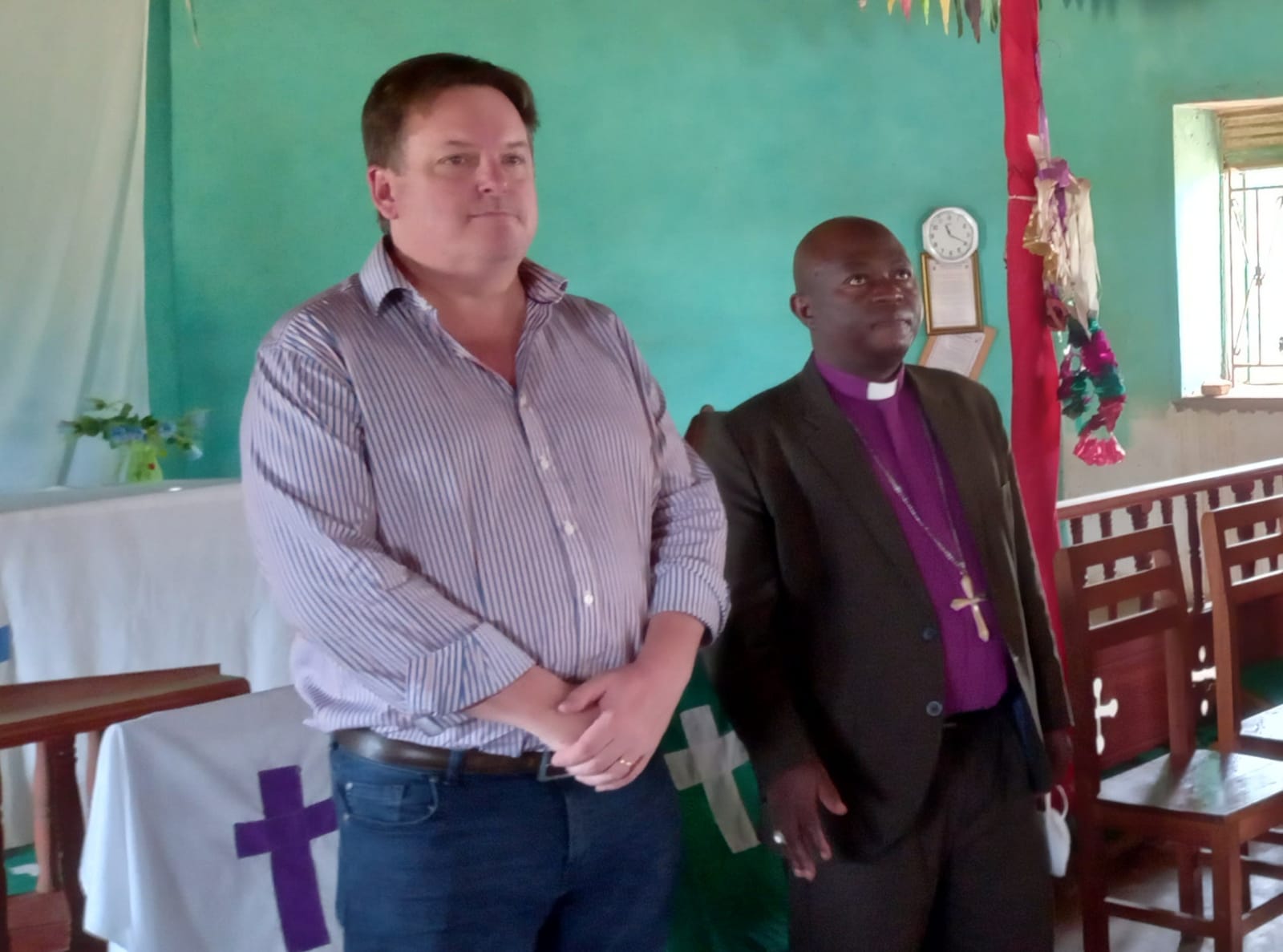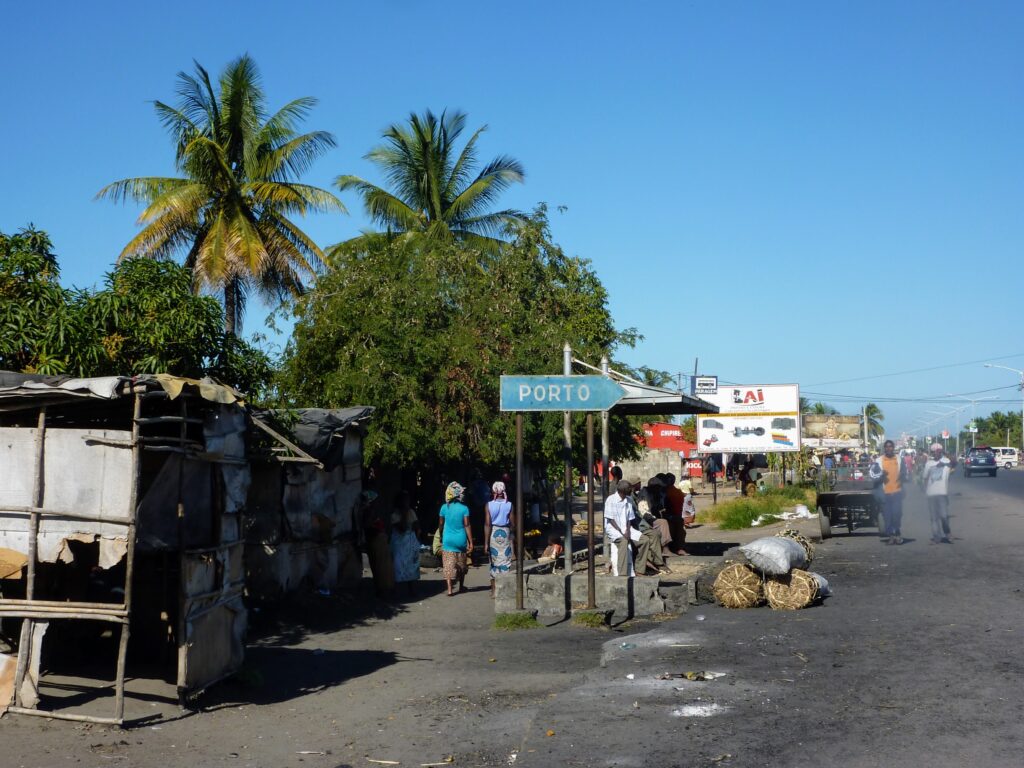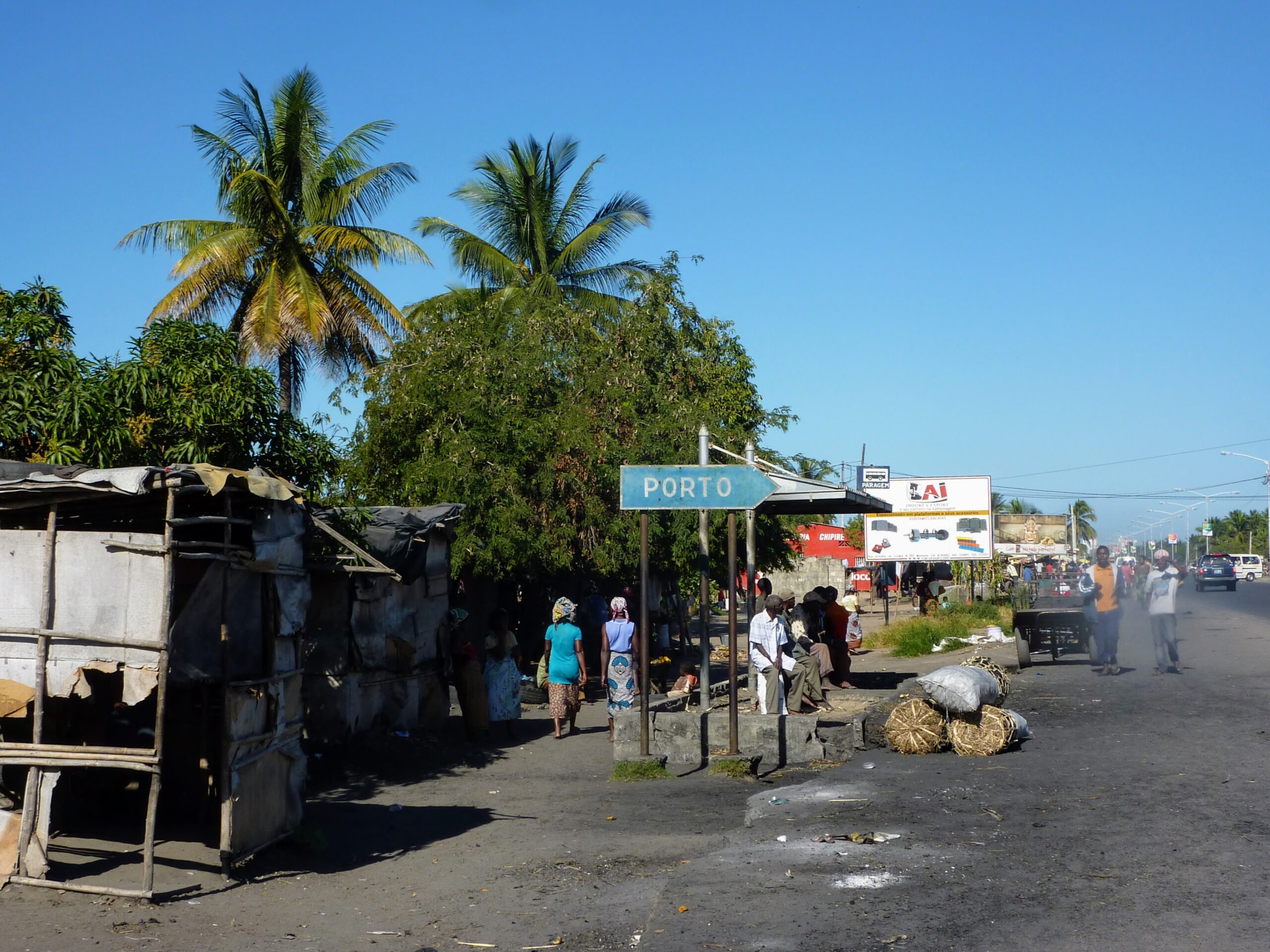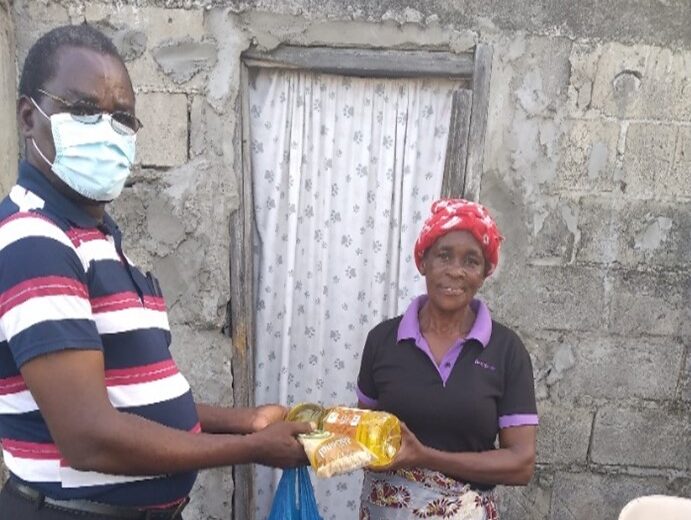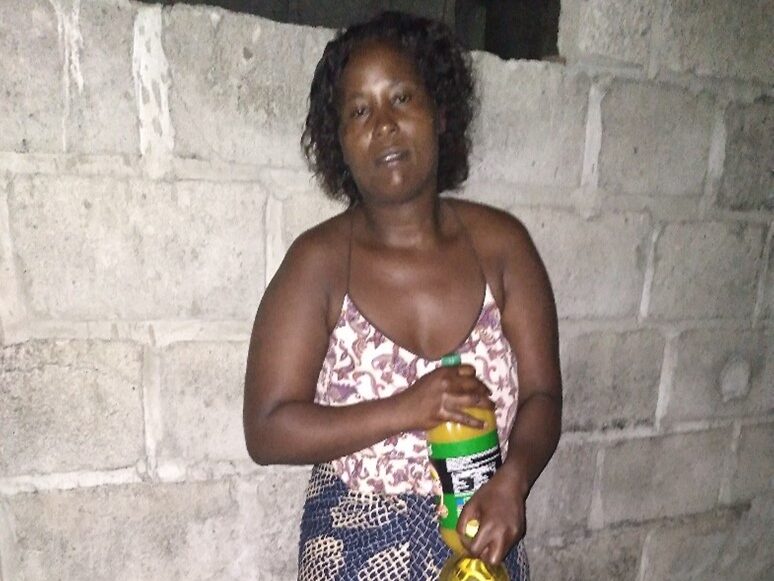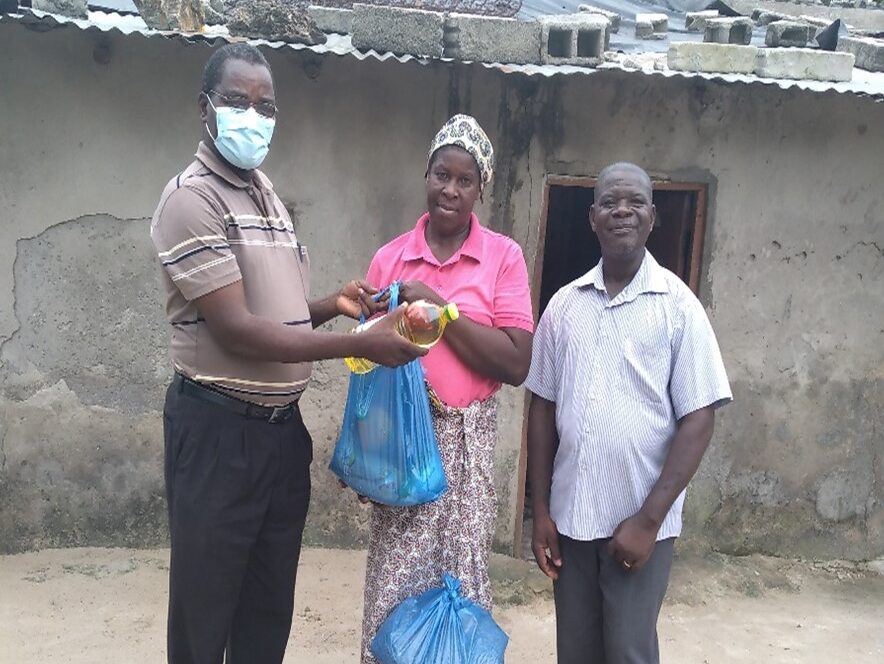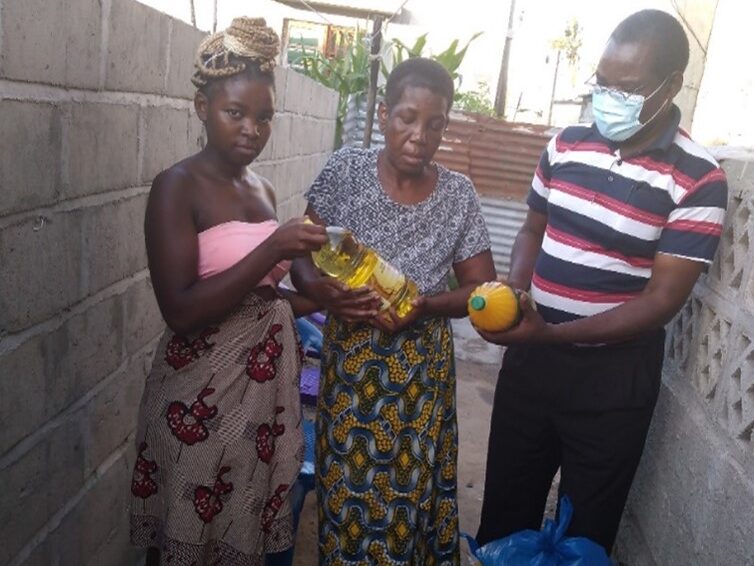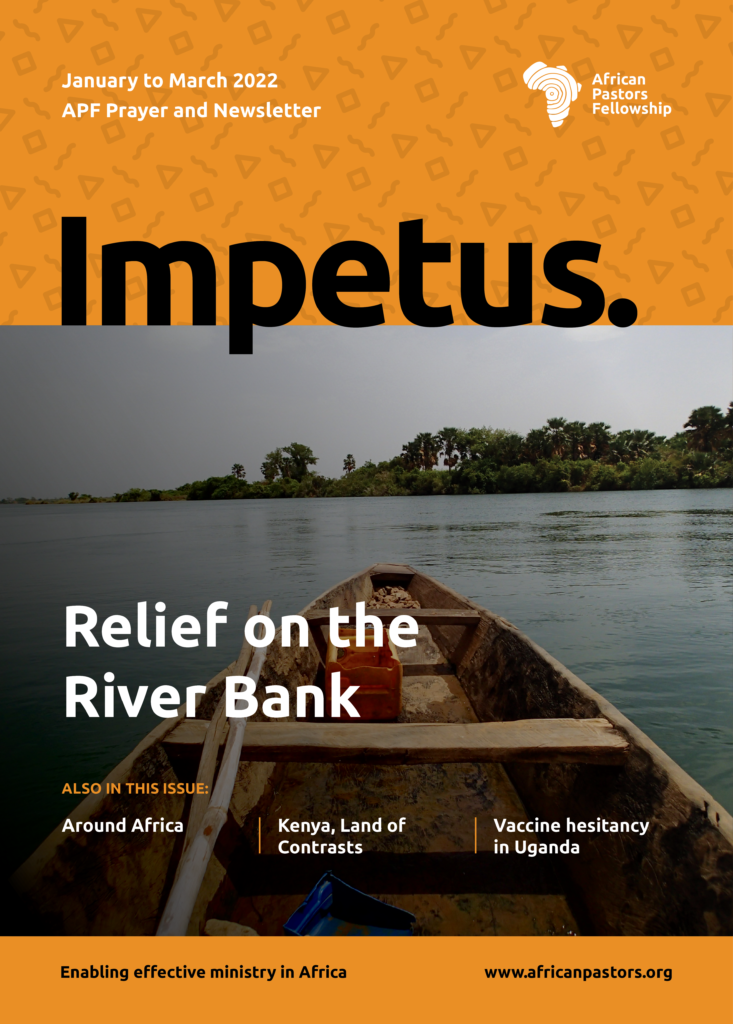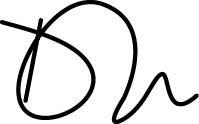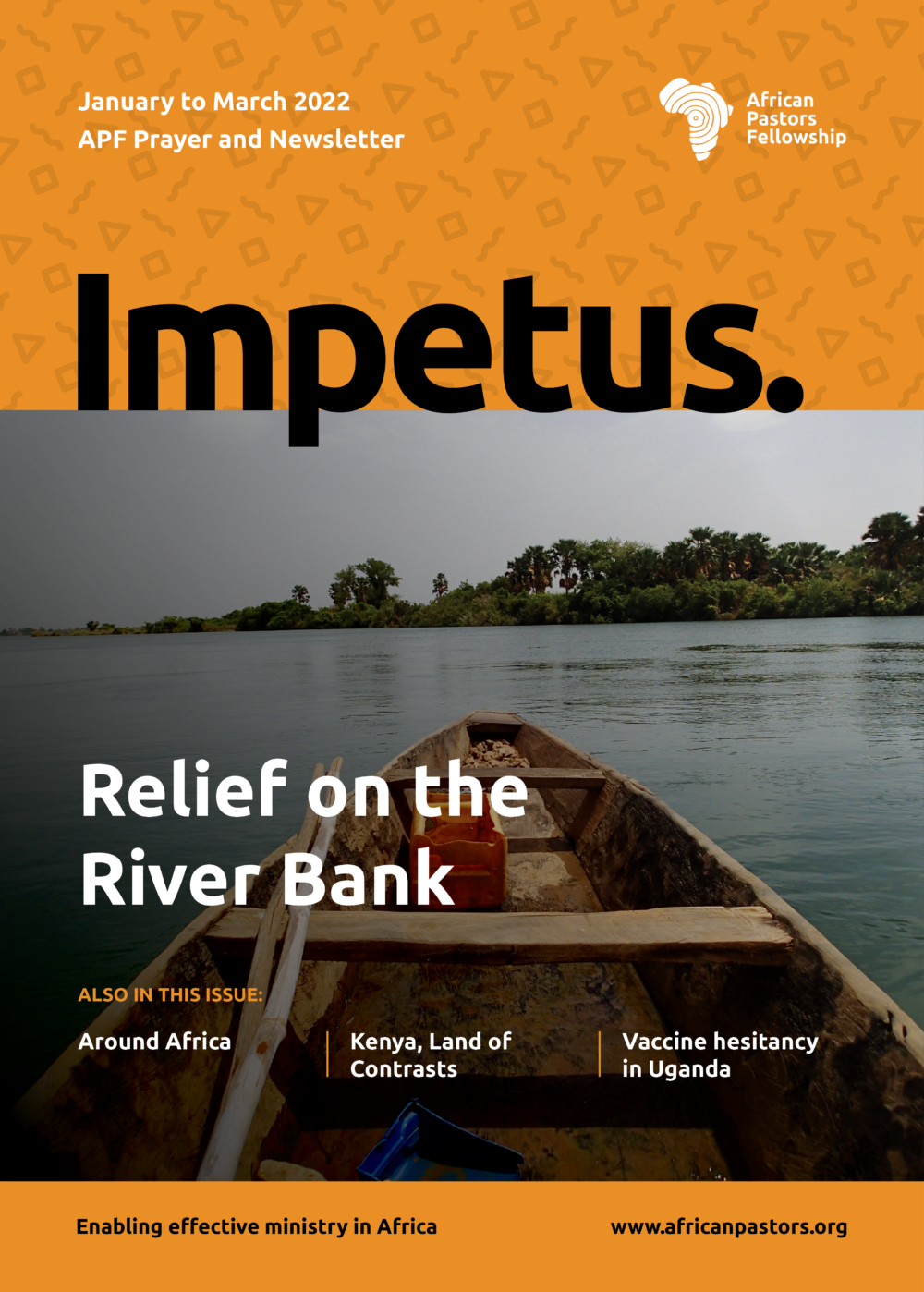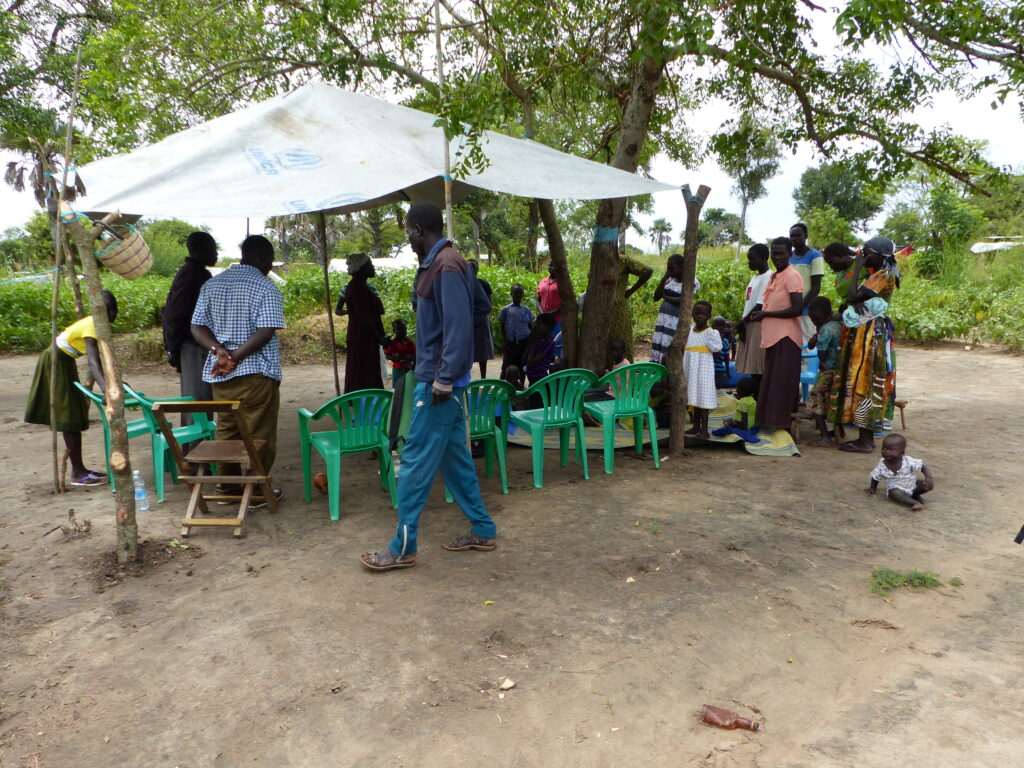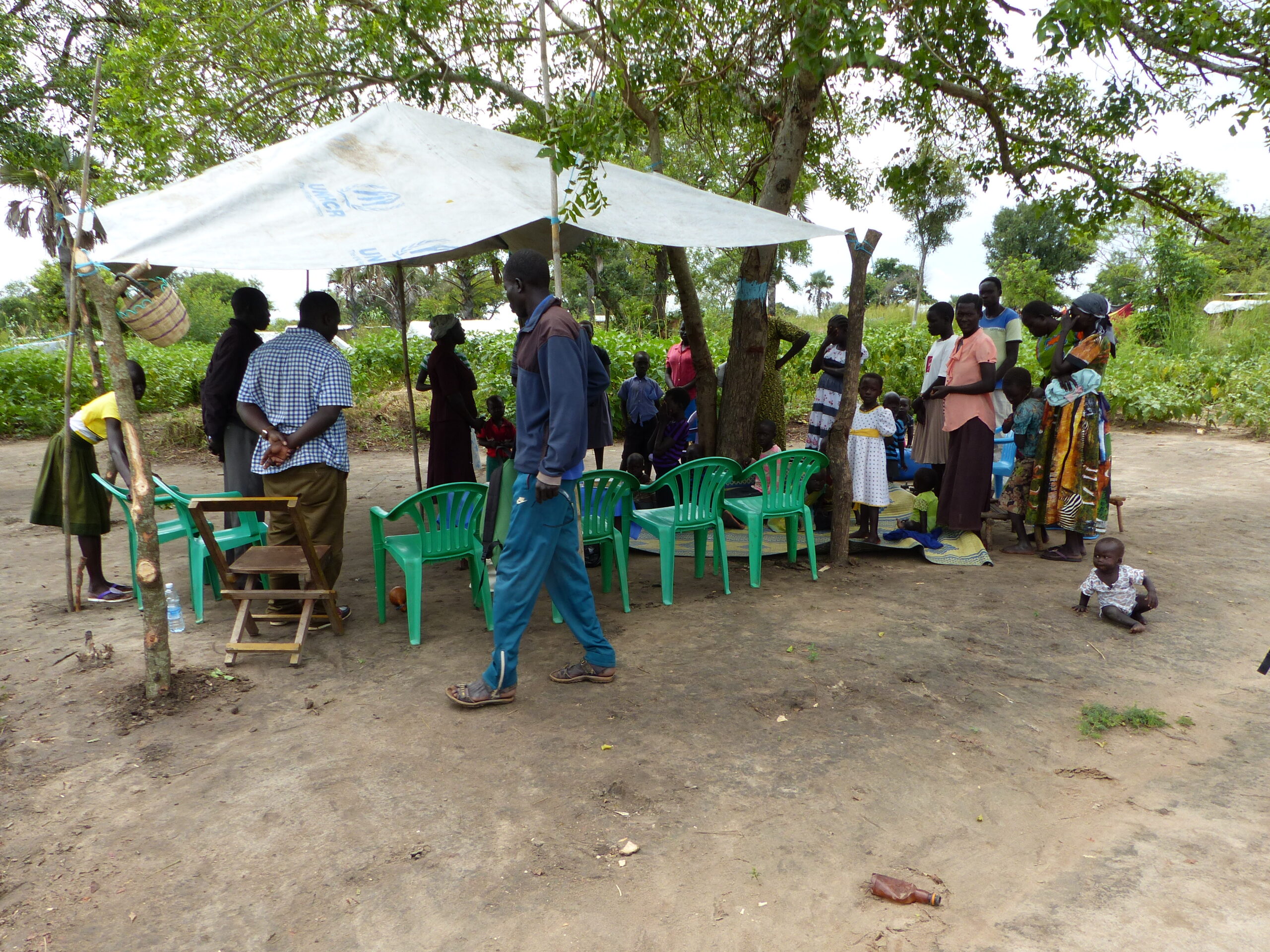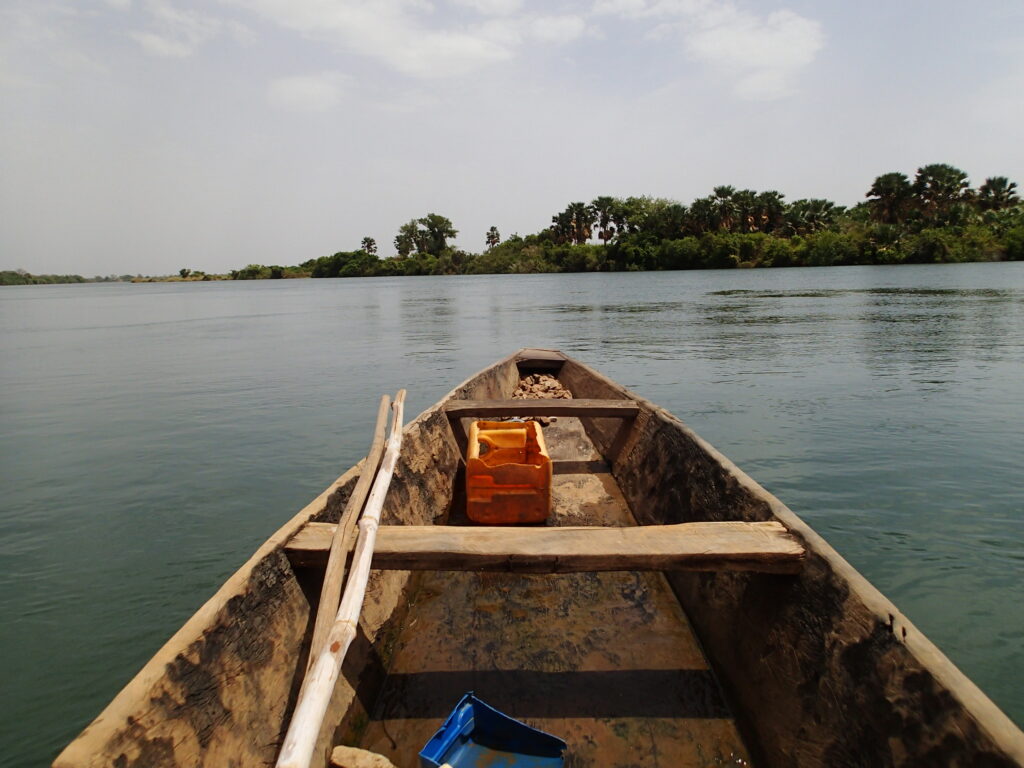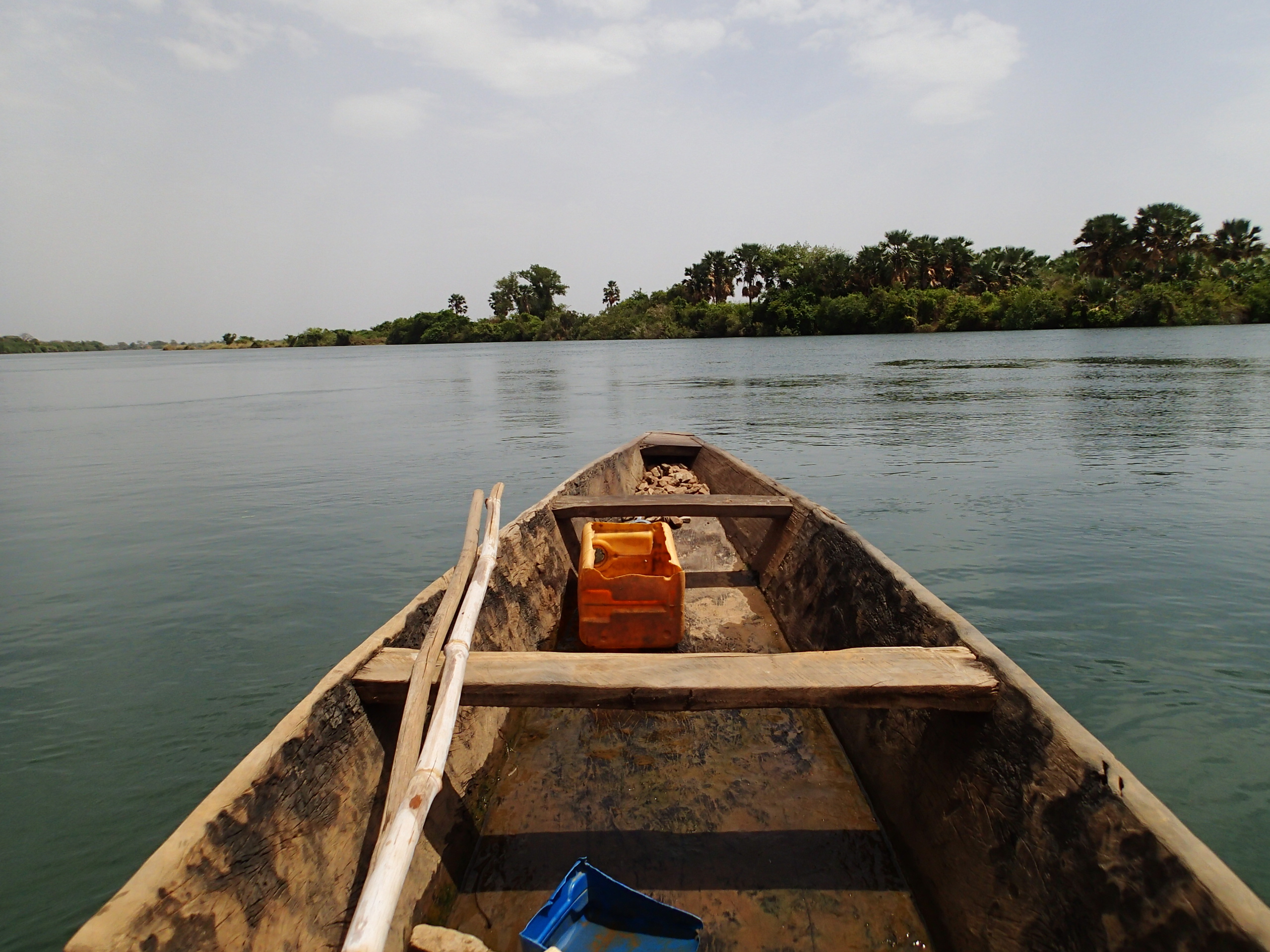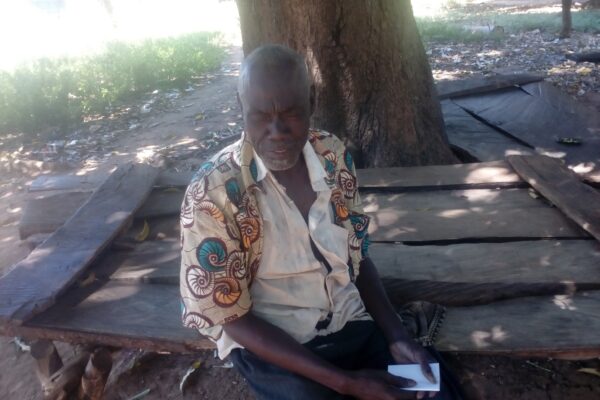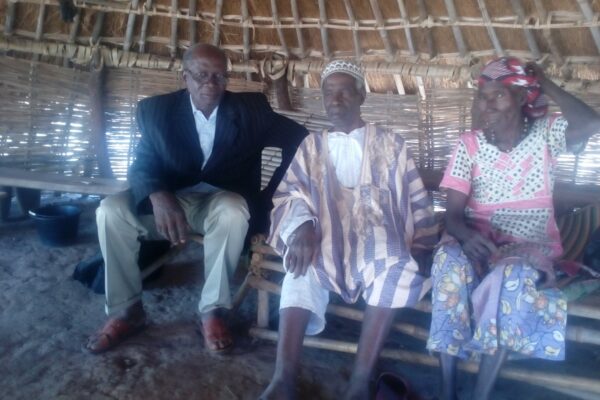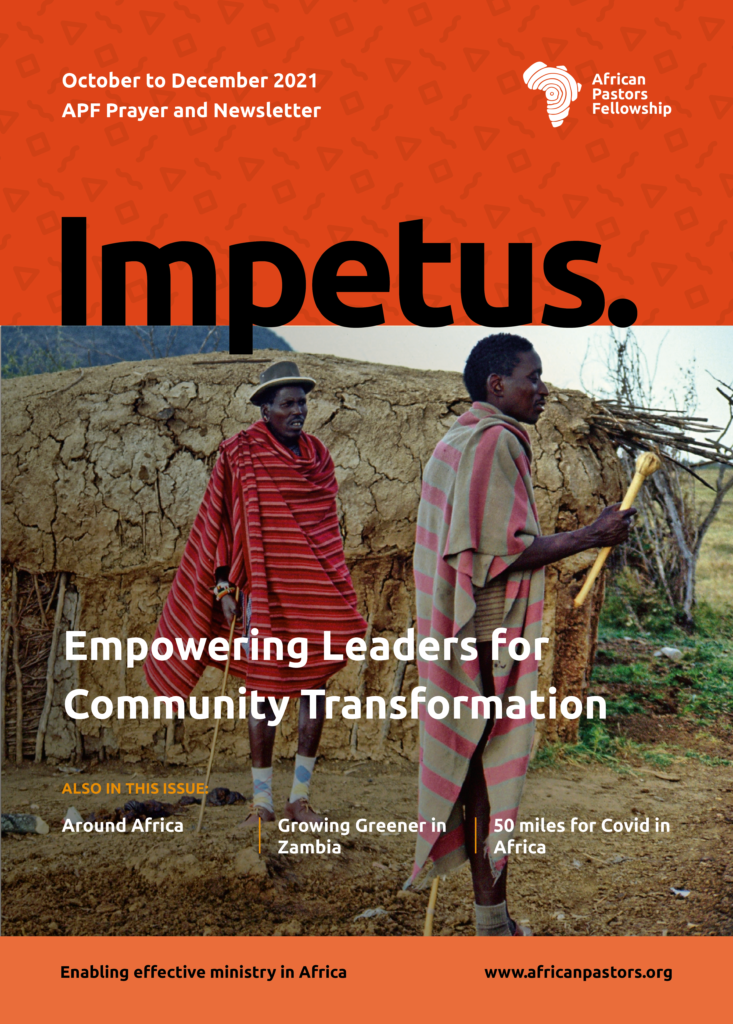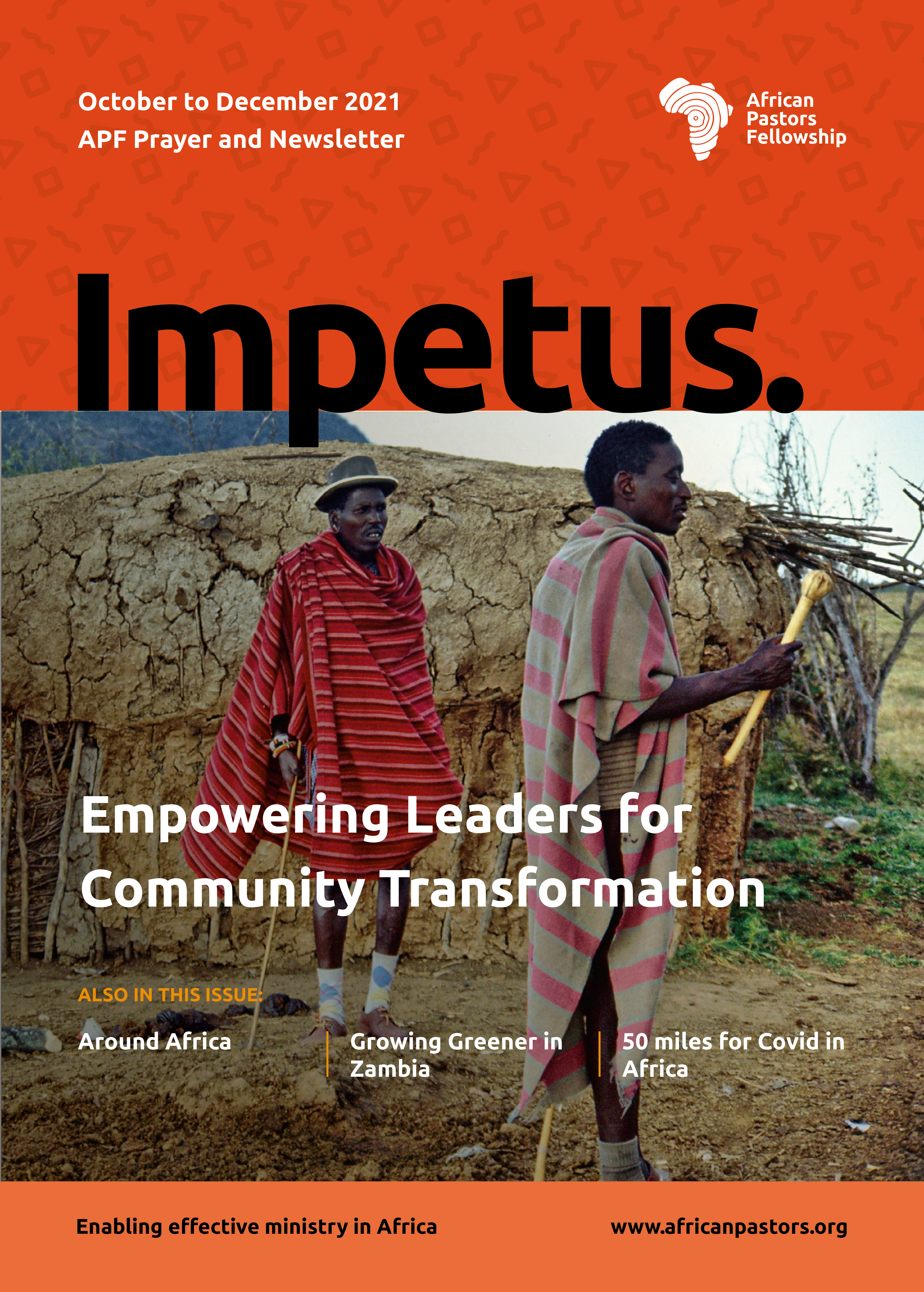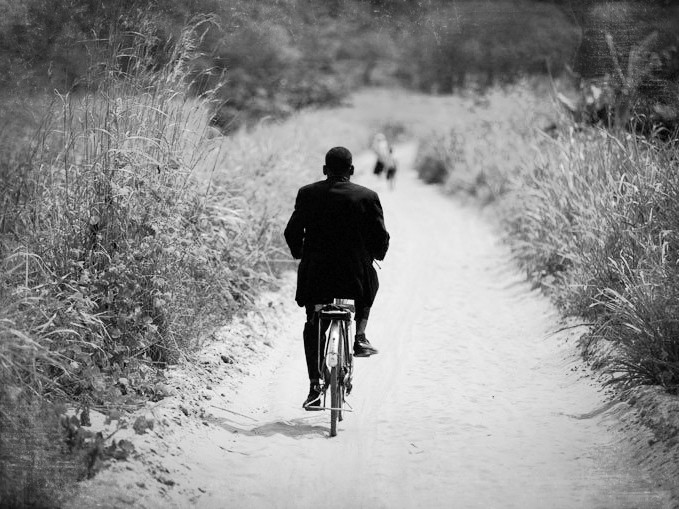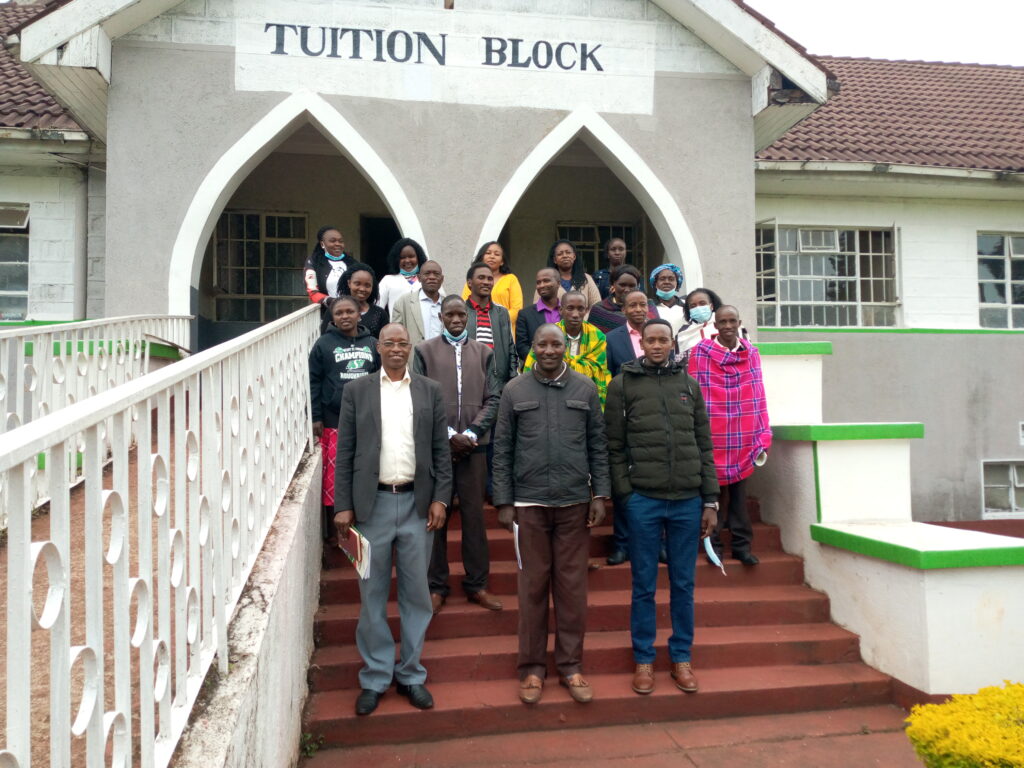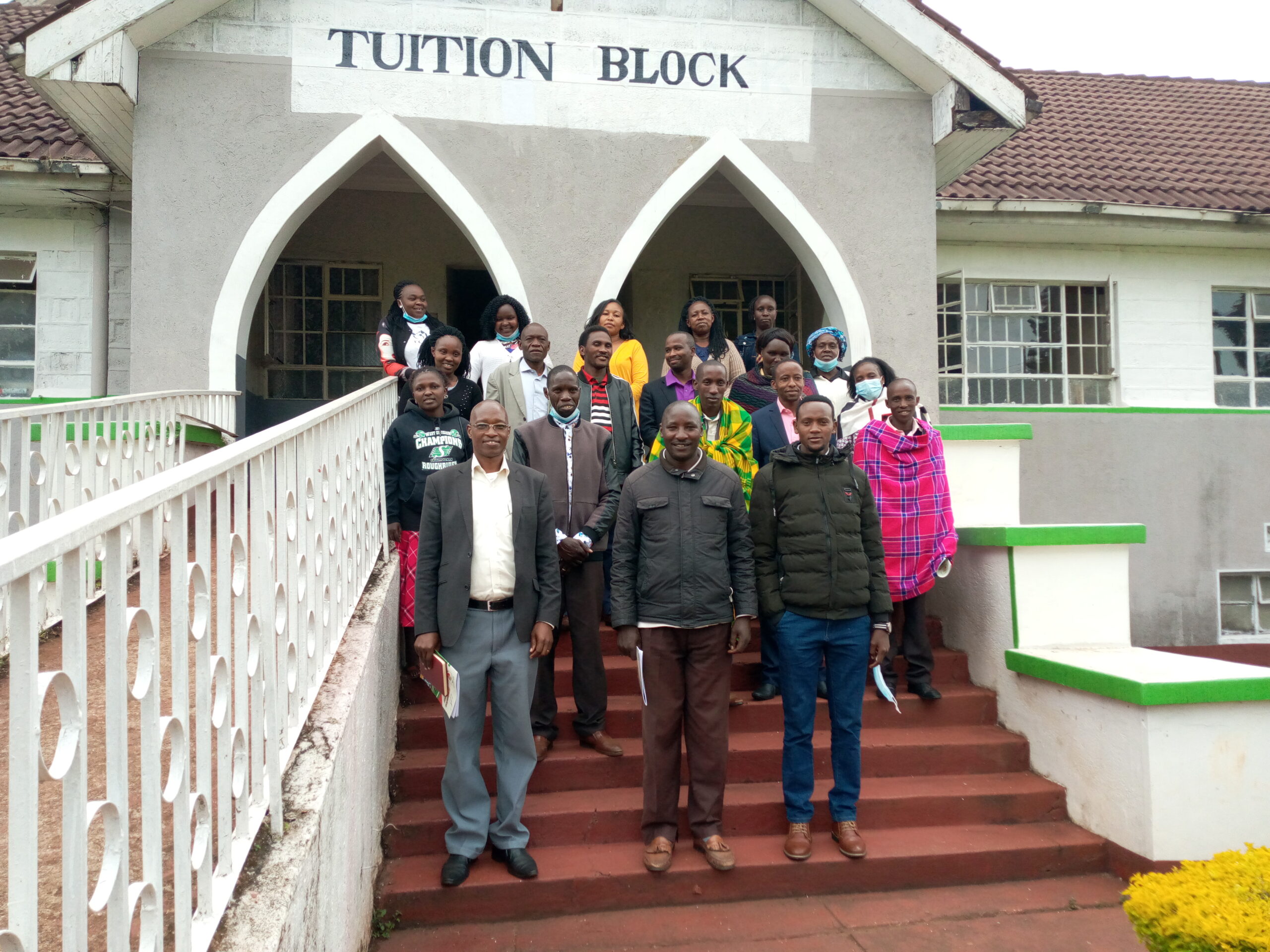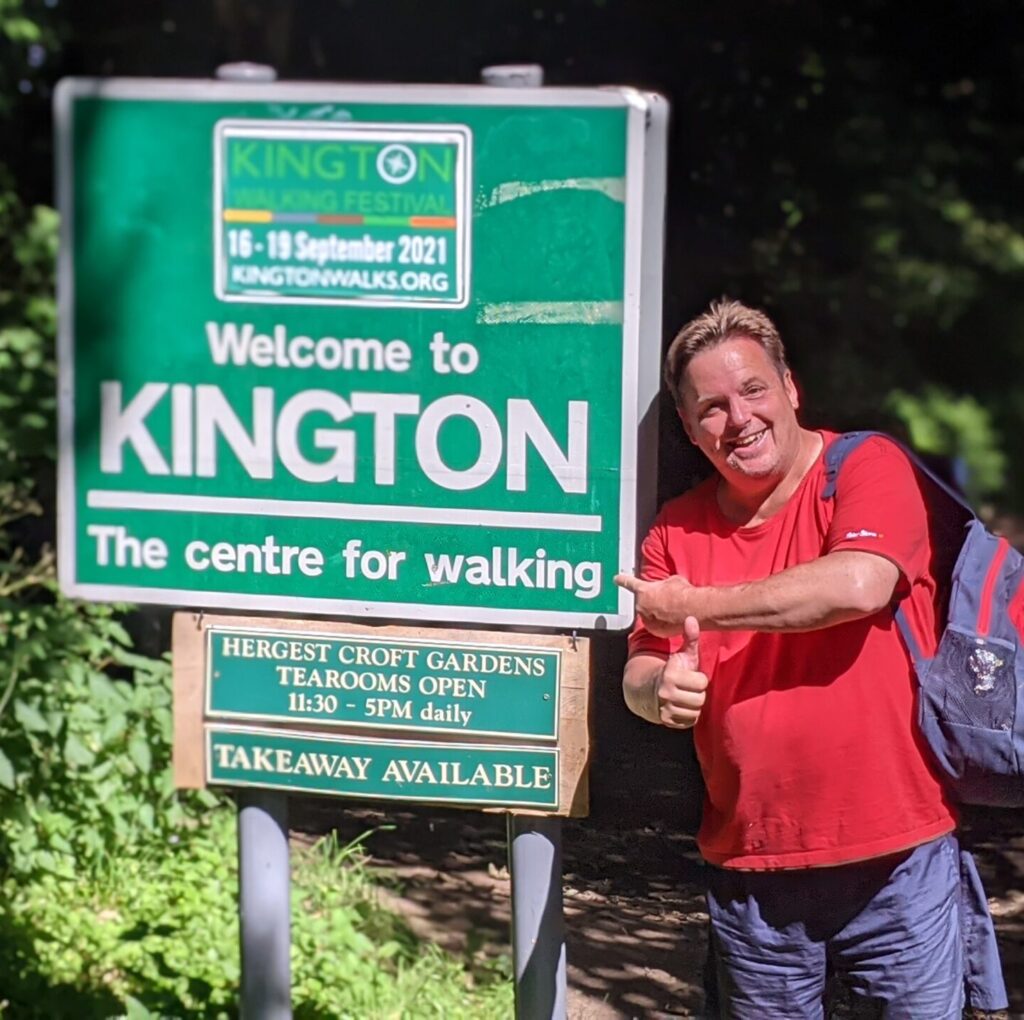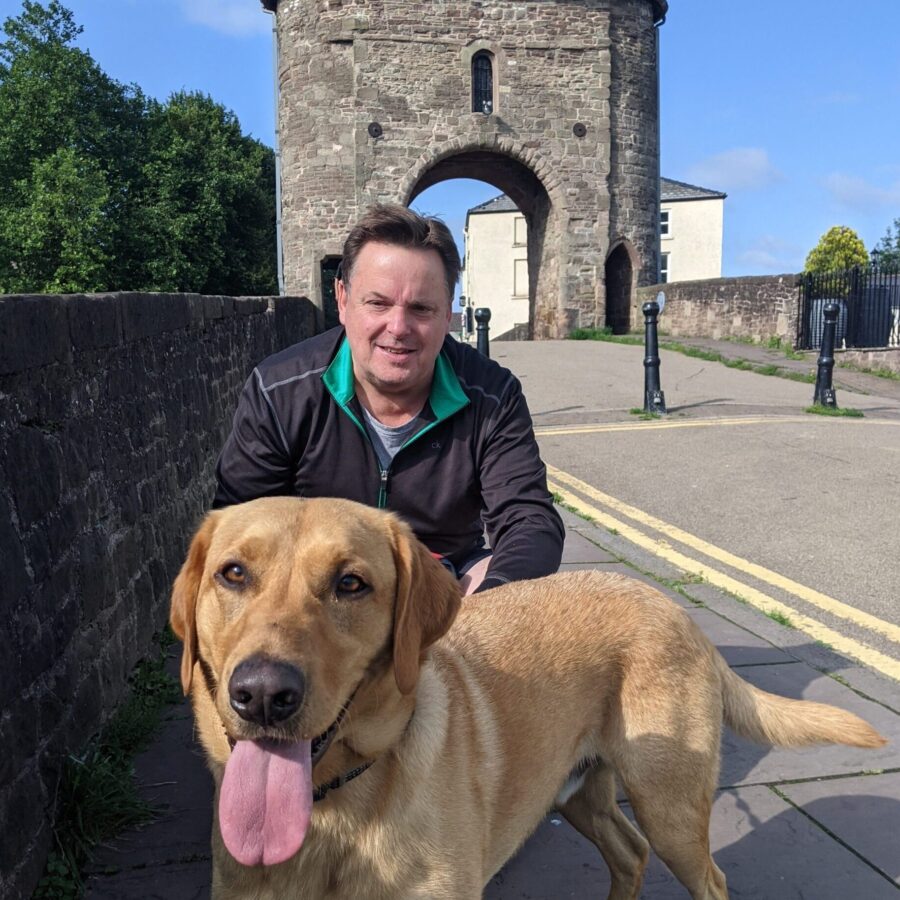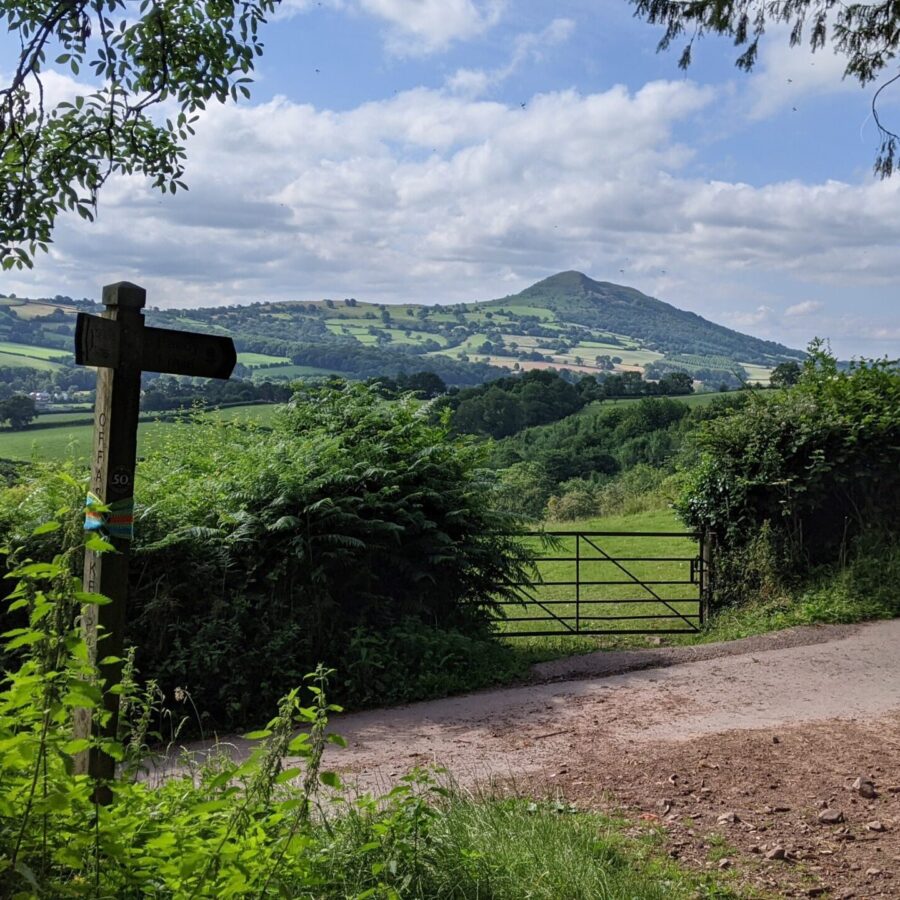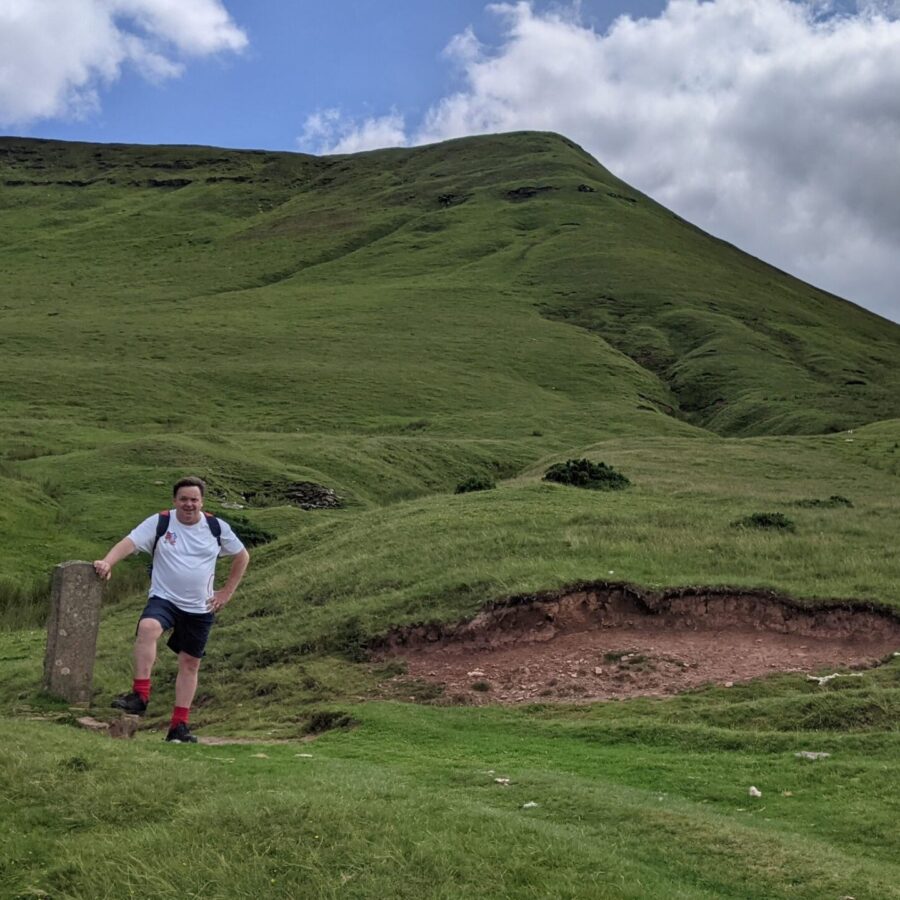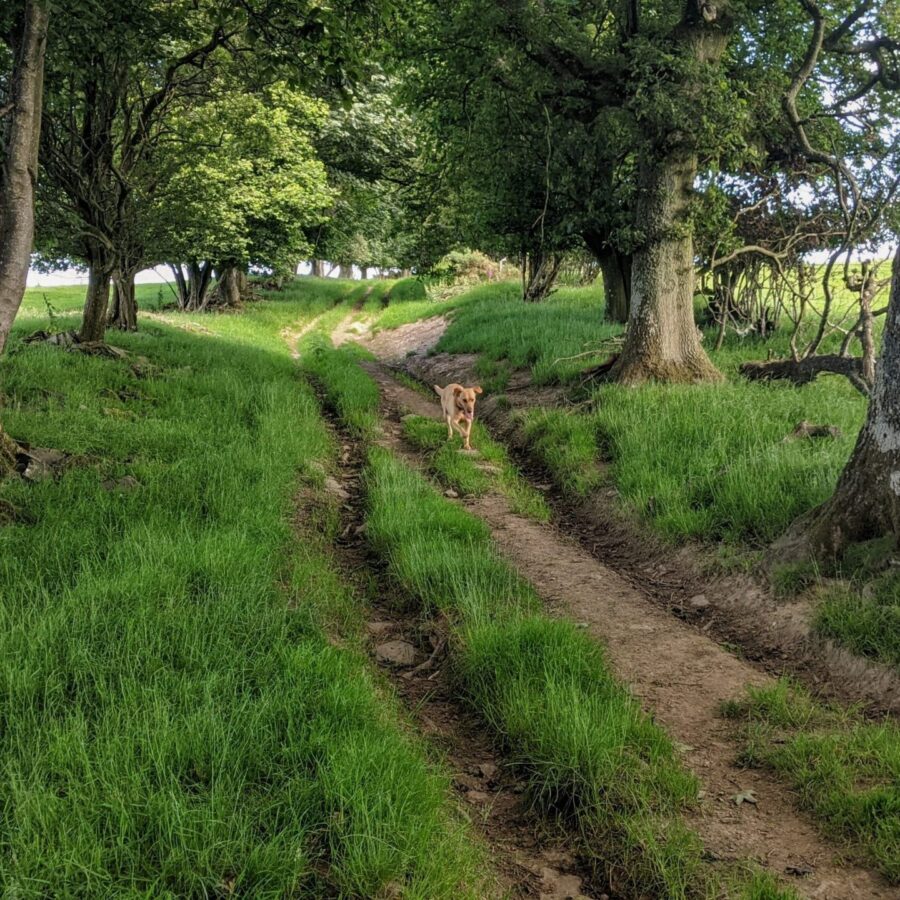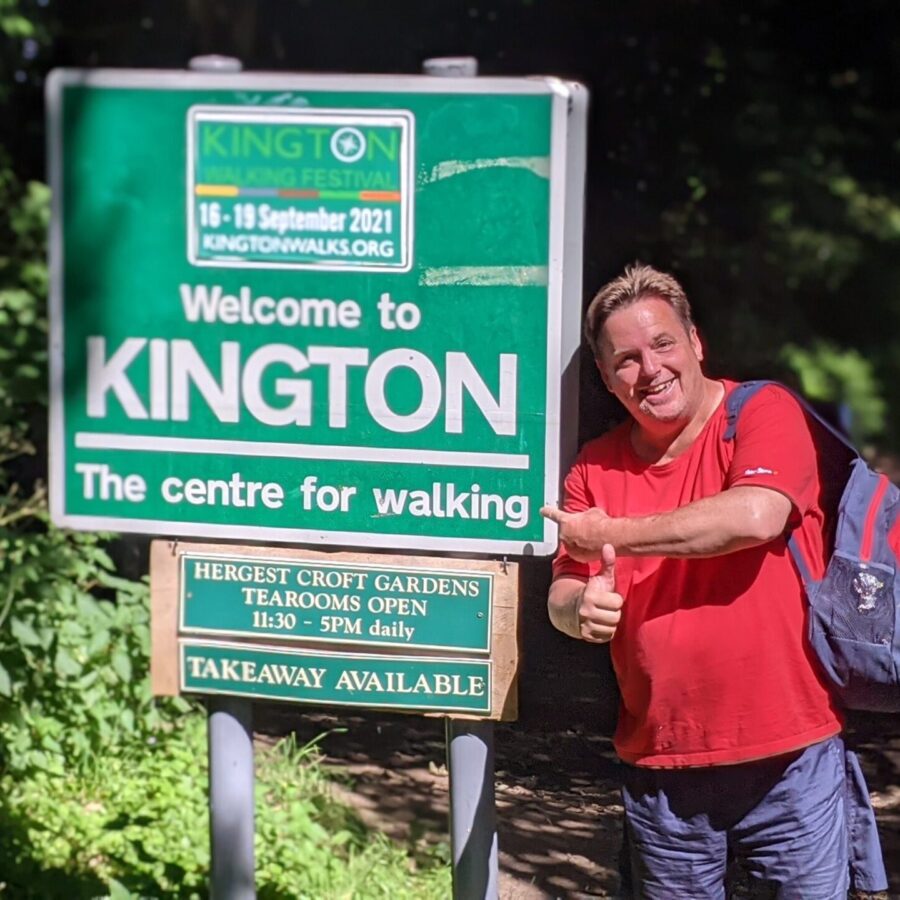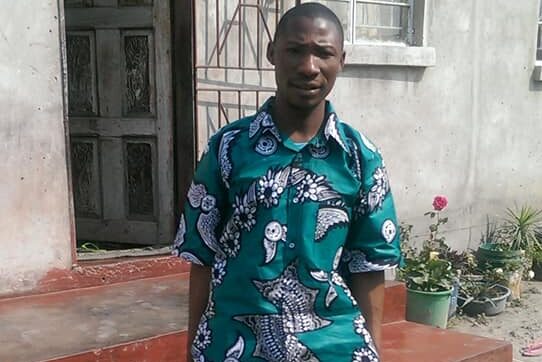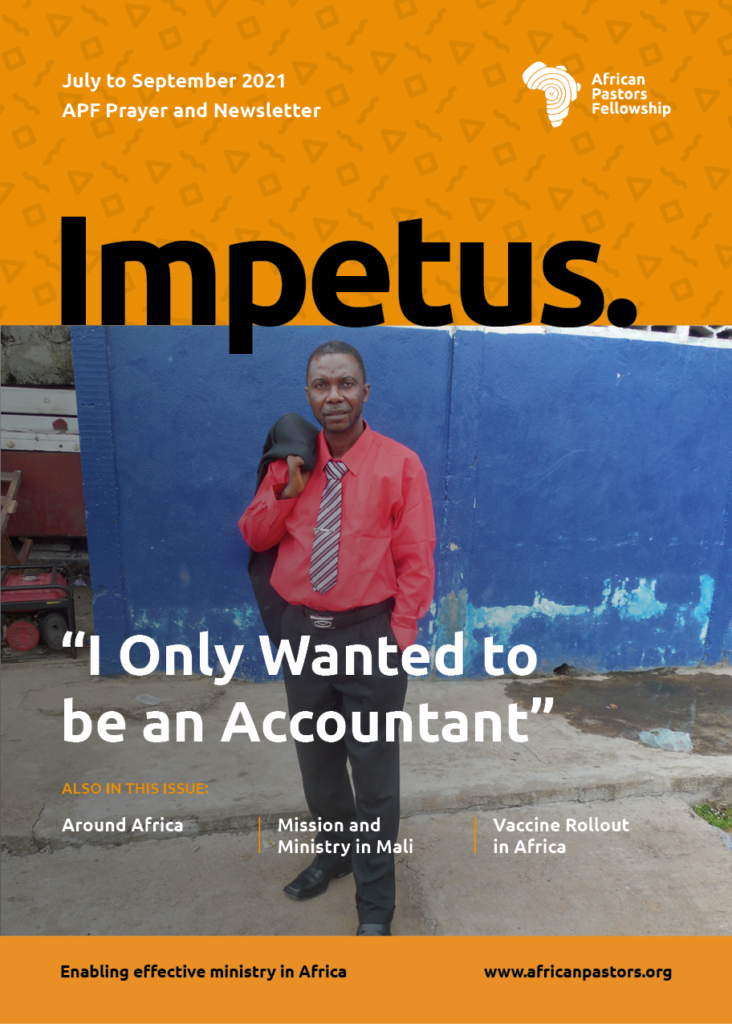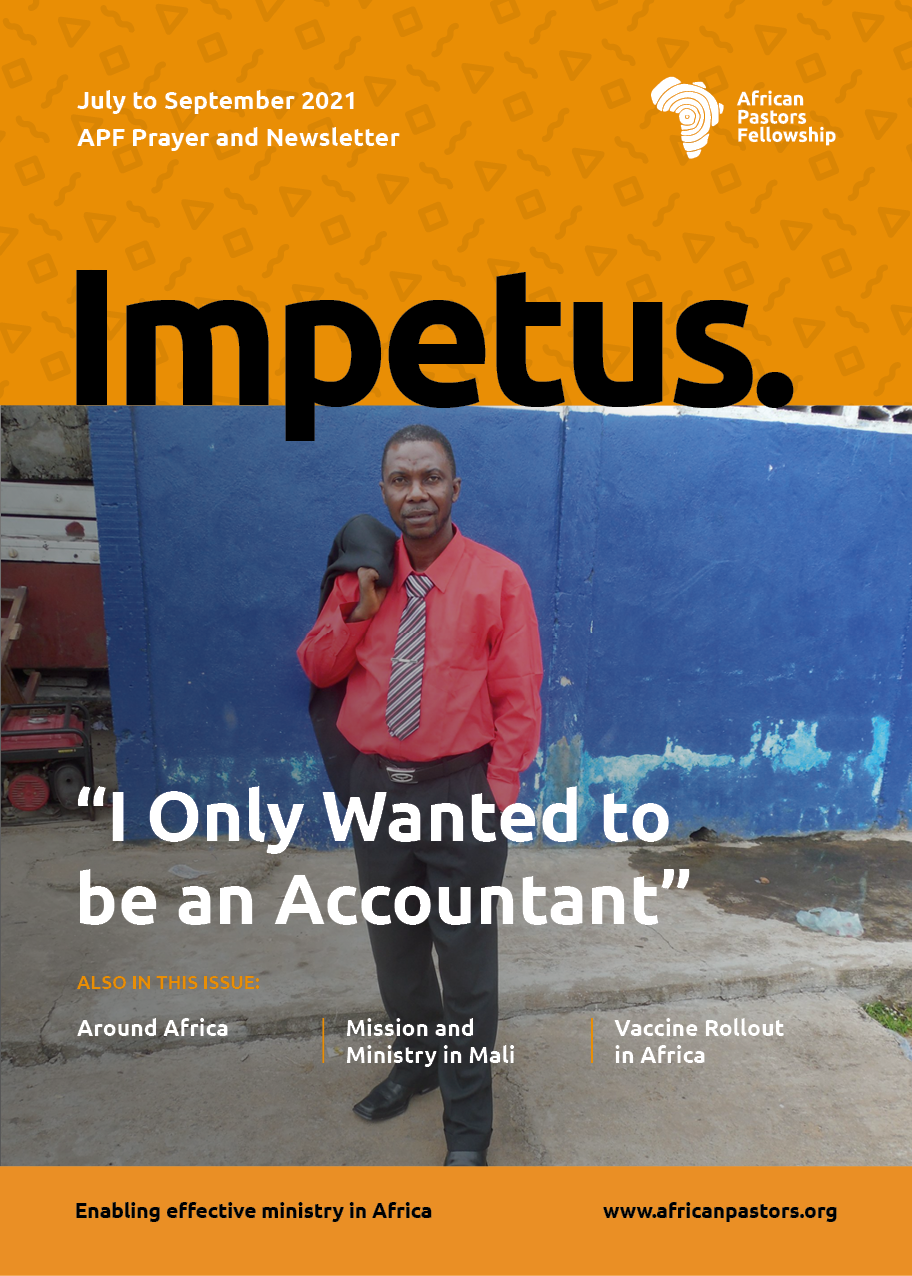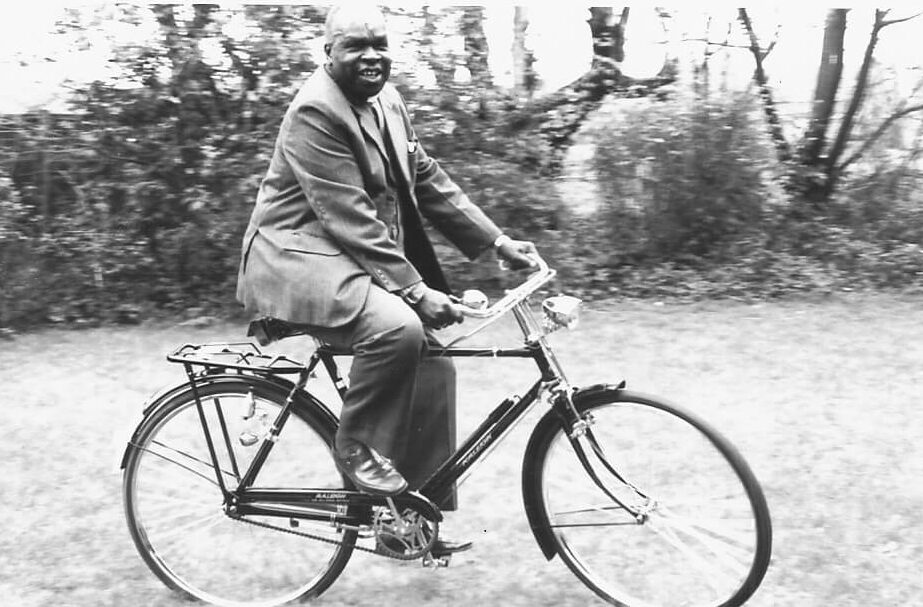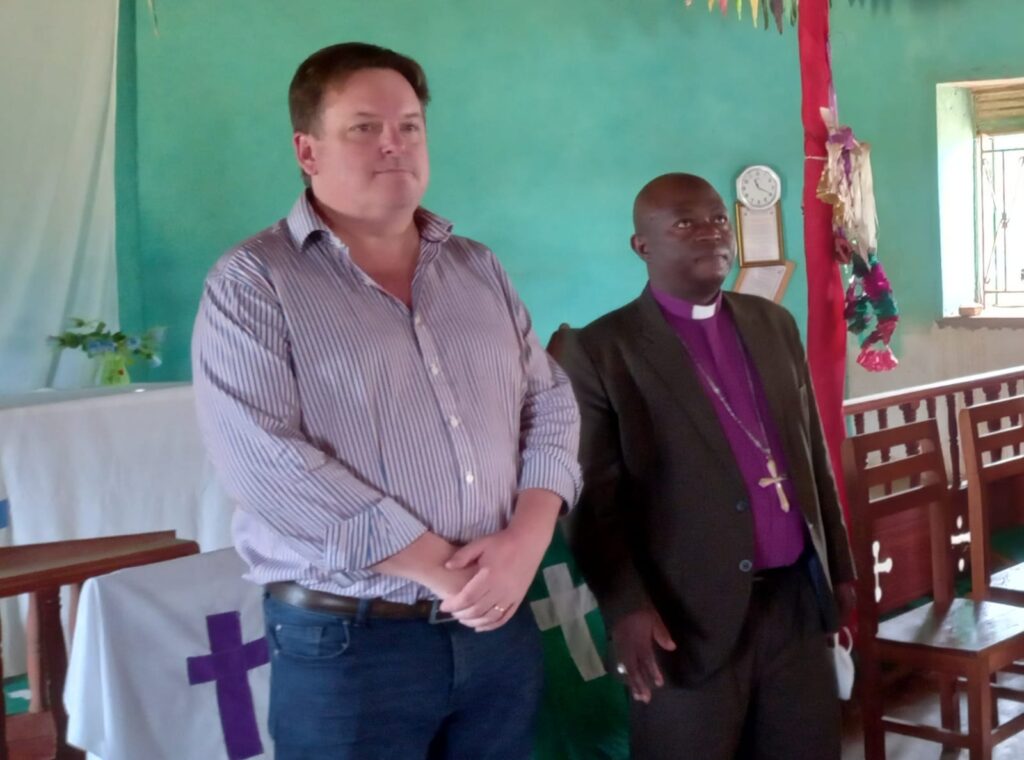
In March, APF CEO Dave Stedman met with one of our newest partners, South Rwenzori Diocese in Uganda. A highlight of the journey was spending time with Diocesan Bishop, Right Revd Nason Baluku.
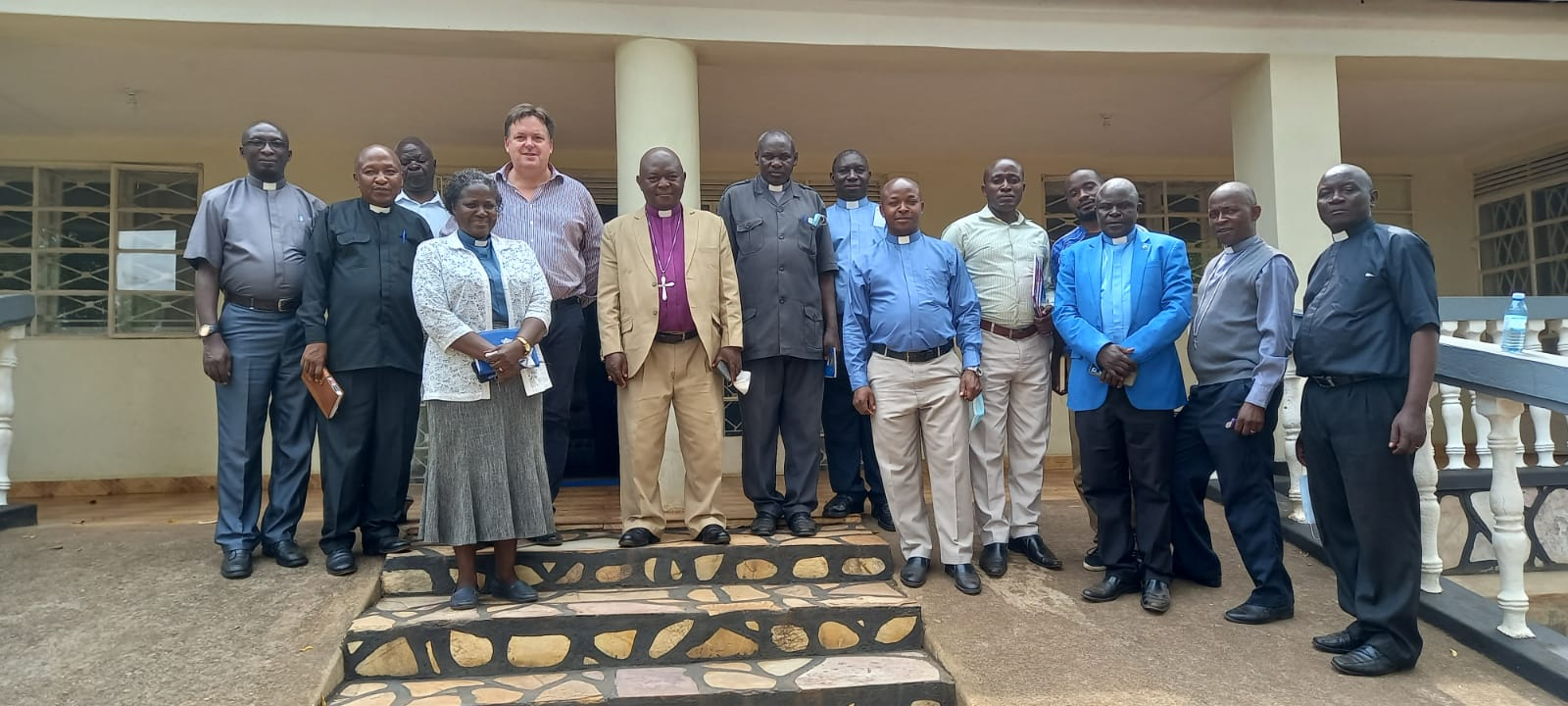
Abandoned by his parents aged twelve, Nason Baluku lived alone on a hillside and dug neighbours’ gardens to pay school fees. He is now Bishop of South Rwenzori Diocese following a career in parish ministry and an international role with a large NGO. His enthronement took place during lockdown and he brings a wealth of pastoral wisdom and corporate skill to the office.
I spent three days with Bishop Nason and his team in March. It was my first visit to south west Uganda. He is a kind but no-nonsense sort of man, the type I like and respect. He has spiritual oversight of more than 650 congregations spread across 84 parishes. About a third of the diocese’s population of over 800,000 are Anglican.
There are many memories: the intense afternoon heat of Kasese in the valley, the dramatic backdrop of the lower Rwenzori Mountains and a precarious car ride up the mountain to his home village of Kibalya taking in views of the snow topped higher peaks.
Two stories set this man apart:
Nason’s mother was in labour for three days up that mountain. She took several days to wake from the fatigue that followed his birth. Bishop Nason lamented the lack of healthcare for the densely populated mountain people. “Nothing has changed since 1967” he says. If you are sick, injured, in labour or suffering from malaria, there is no doctor, no clinic, and no pharmacy.
In extreme cases an individual will be carried down the mountain by four men. A state of the art four-by-four vehicle (donated to the diocese by the President of Uganda) took nearly two hours to ascend that hillside. In the rainy season it might have been impossible. But Kasese is the nearest hospital. If it is a life-or-death situation, the men run. It is reminiscent of the four friends who lowered a friend through a roof to receive healing from Jesus.
Bishop Nason has established a simple health centre in the village and has a vision to create a maternity unit so other women will not suffer as his mother did all those years ago, and as others have every year since.
In ministry, Bishop Nason combines strategic leadership with spiritual passion. There is a weekly deliverance service at St Paul’s Cathedral. He told me that on one occasion, a woman was brought to a service restrained, so great was her distress. She writhed on the floor “as if consumed by a snake”, held in the grip of an oppression most likely diagnosed as a deep psychosis in the UK. The bishop explained that he has a team of deliverance ministers, but he took personal responsibility for this woman, declaring he would not leave until she was healed.
Together with others they prayed for several hours until she was still. Months later that woman continues to be well. Whatever our theology, clinical experience, or cultural interpretation, this represents a triumph for prayer especially when the act of praying was made an absolute priority. I’m reminded of James 5:16: “The prayer of a righteous person is powerful and effective.”
I promised Bishop Nason and his diocesan team that the APF family would pray for them, especially as they seek substantial partners for the clinic and explore options for the training of new leaders.
Nason Baluku, an abandoned boy from a remote Rwenzori mountain village, was reunited with his parents in later life. His mother passed on a few years ago but the son she bore provides a home for his father and continues to pay school fees for several nieces and nephews.
